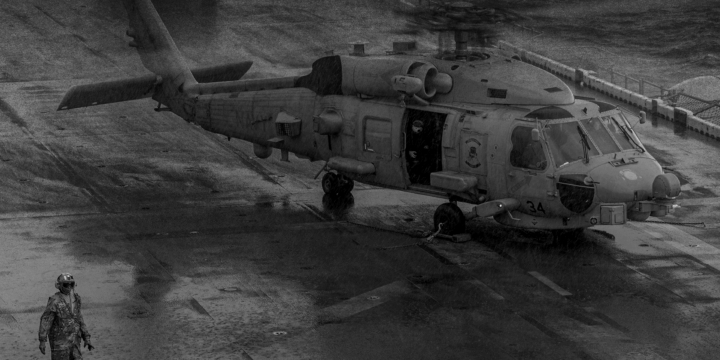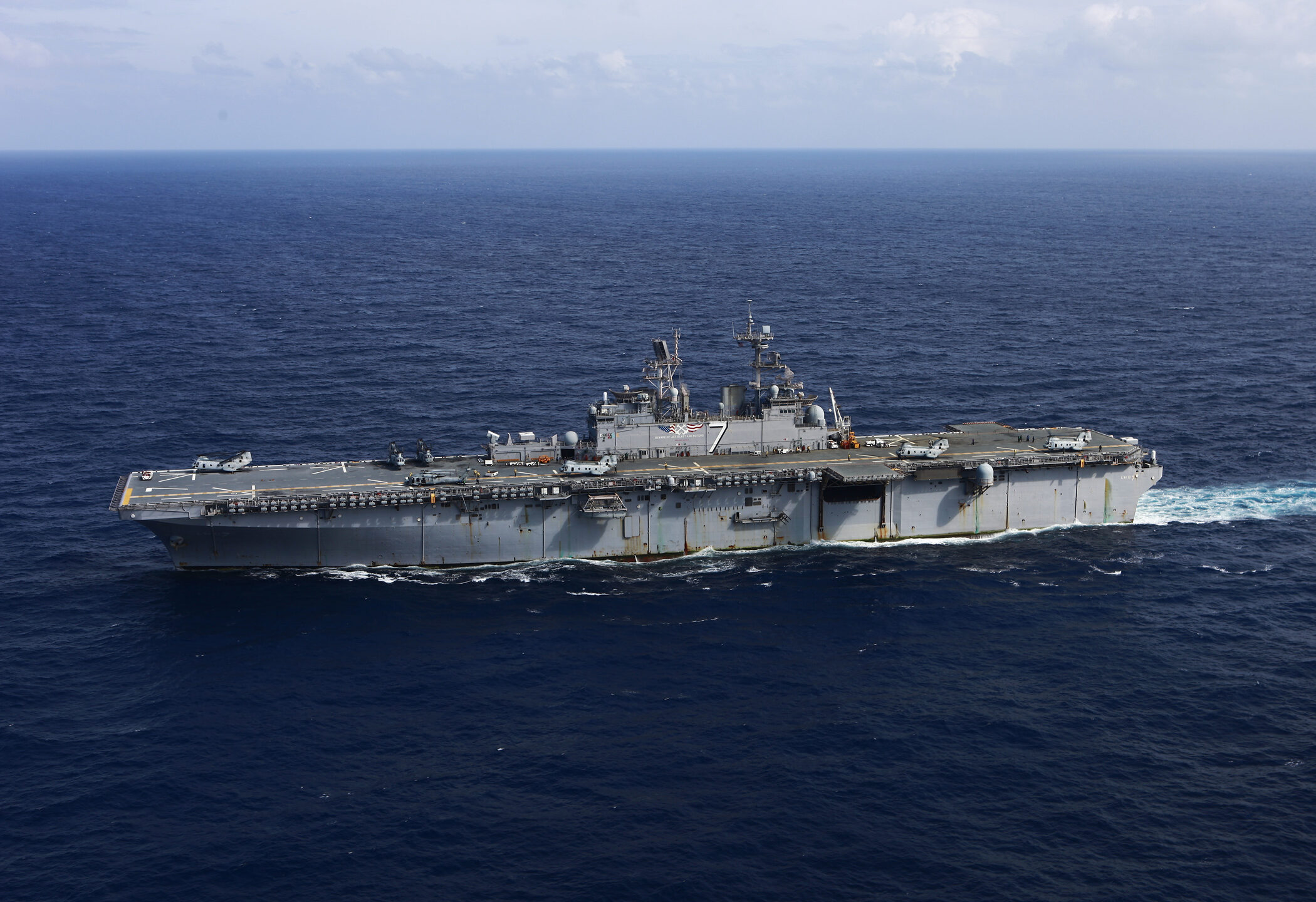
On September 30, Secretary of Defense Pete Hegseth summoned nearly 800 of America’s military generals, admirals, and senior enlisted officers to Quantico, Virginia on short notice. Though the unprecedented event was written off by many as a political stunt, a month later, it is clear the gathering was more important than many realized.
Of particular note were the speeches delivered by Hegseth and President Donald Trump which offer the clearest articulation yet of how the Trump administration thinks about and hopes to use military power. What’s more, taken together, the two sets of remarks appear to foreshadow both the current U.S. military build-up underway in the Caribbean and what might be on the horizon as U.S. operations there and elsewhere continue.
The key moment in Hegseth’s talk came near the end. “The United States has not won a major theater war since the name was changed to the Department of Defense in 1947,” he told the assembled audience, repeating President Trump’s rationale for jettisoning the Department’s old moniker in favor of its new one: The Department of War. “One conflict stands out in stark contrast, the Gulf War,” he continued. “Why? Well, there’s a number of reasons, but it was a limited mission with overwhelming force and a clear end state.”
Many were puzzled at Hegseth’s call-up of this short-lived military operation from 35 years ago. After all, the first Gulf War, though widely considered a success at the time, ushered in three decades of heavy U.S. military involvement in the Middle East and, in many ways, set the stage for the very “forever wars” in Iraq and Afghanistan that Trump had campaigned against.
Hegseth’s point, however, was different. The Gulf War, he was telling those listening in person and at home, was an example of how the United States should be using military force going forward. Overwhelming military power that quickly annihilates the adversary, in pursuit of limited goals. Massive force, short duration, quick victory, no long-term commitment.
More on Western Hemisphere
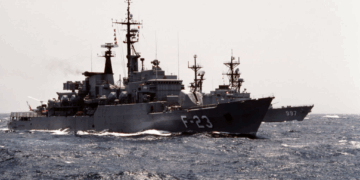
By Alexander Downes and Lindsey O'Rourke
October 31, 2025

Featuring Benjamin Friedman
October 30, 2025
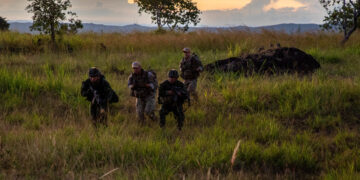
Featuring Daniel DePetris
October 28, 2025
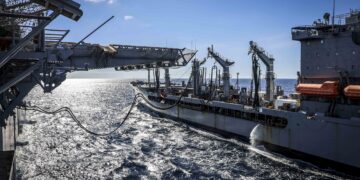
Featuring Jennifer Kavanagh
October 27, 2025

Featuring Jennifer Kavanagh and Daniel DePetris
October 23, 2025
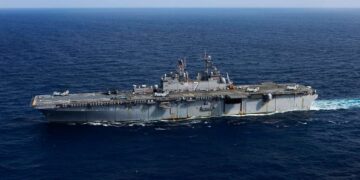
October 21, 2025

